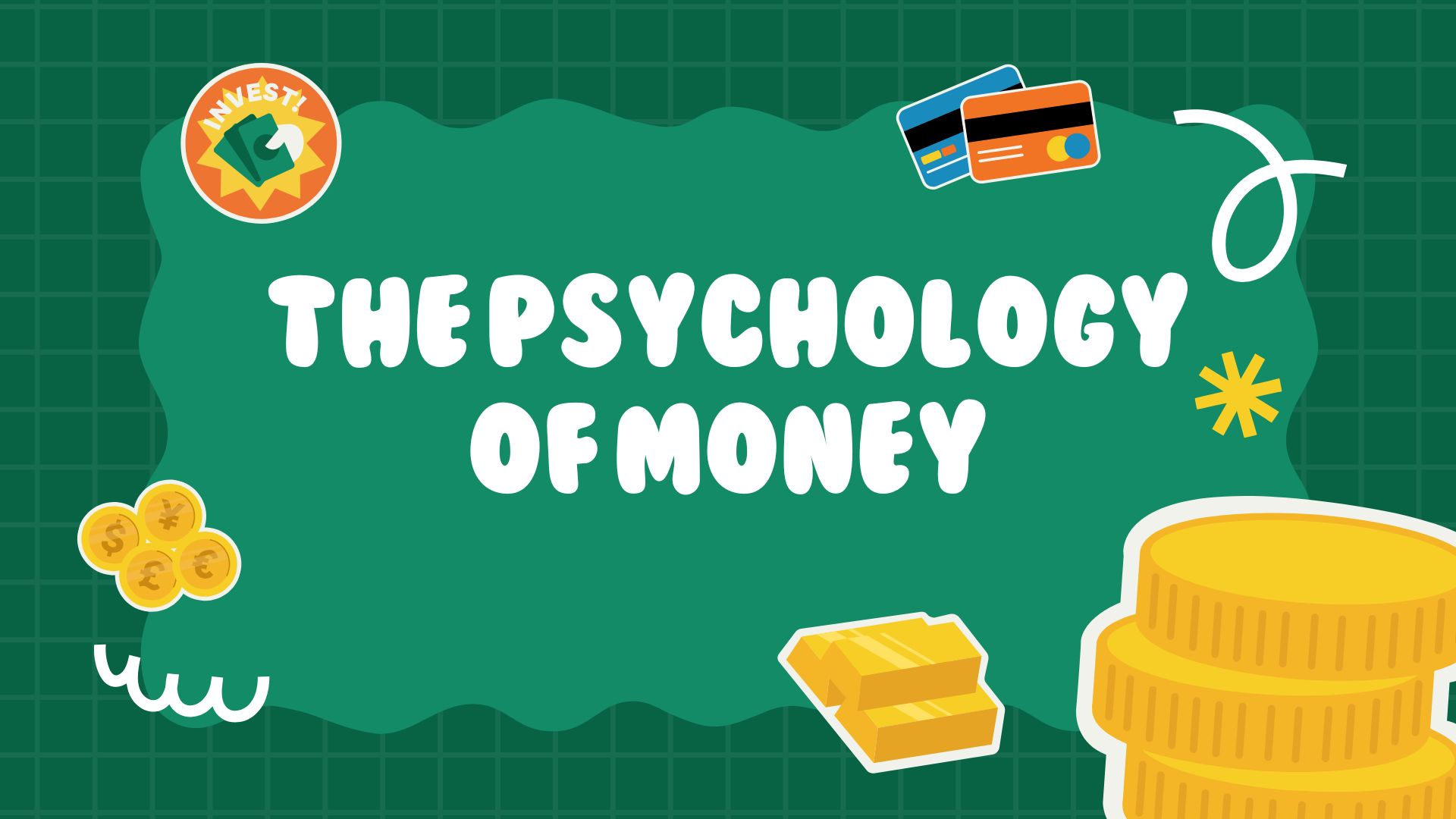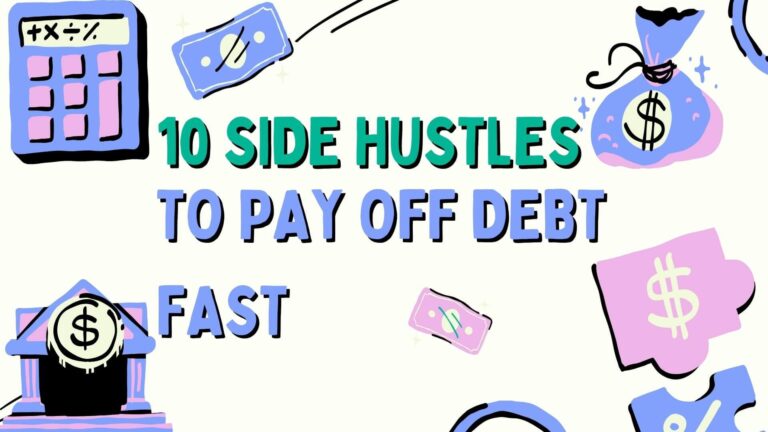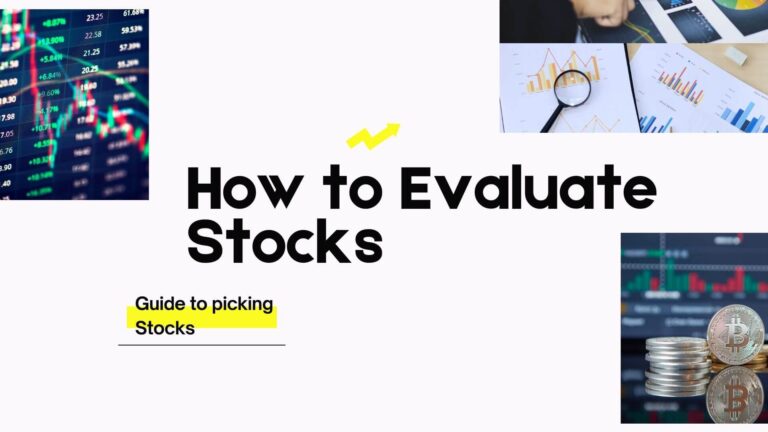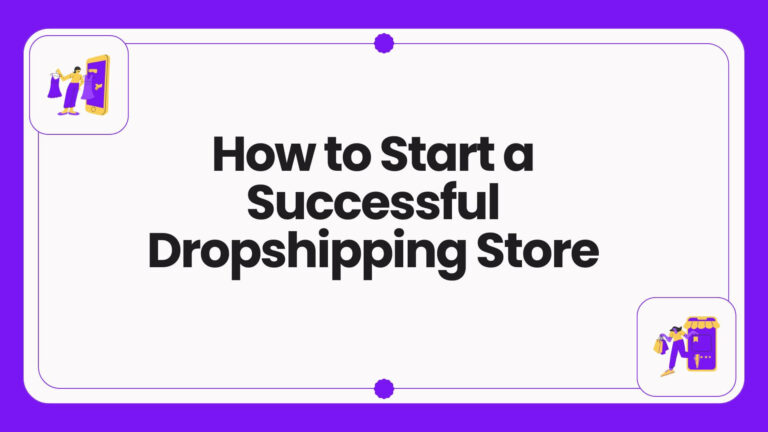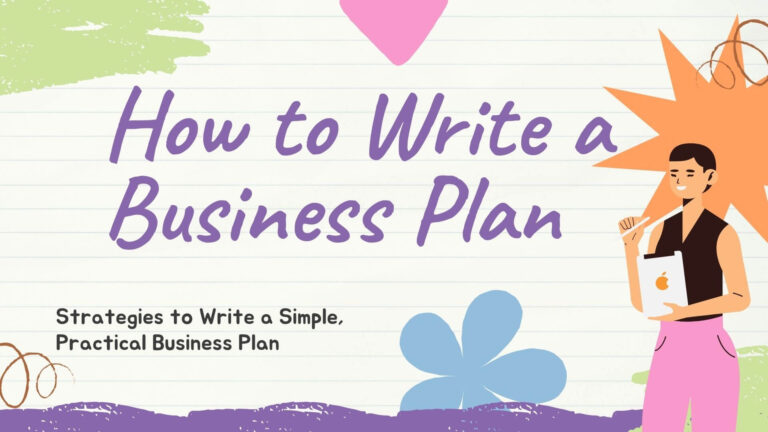Takeaways from The Psychology of Money
Have you heard the story about Ronald Read, the janitor that had 8 million dollars in savings when he died in 2014?
Yes, you heard that right. Janitor. $8 million.
And he didn’t win the lottery or inherit the money either. He just saved consistently throughout his life while letting the wonders of compounding do its thing.
The moral is that your behavior with money is oftentimes more important than how intelligent you are. Even if you don’t have a diploma from Harvard, or work on Wall Street, you can become rich by just behaving in a sound way.
As Morgan Housel puts it:
“Financial success is not a hard science. It’s a soft skill, where how you behave is more important than what you know.”
Spend your next few minutes on this, and you might excel at the soft skill of investing!
Here are the top 5 takeaways from The Psychology of Money by Morgan Housel, shared by The Swedish Investor—bringing you the best tips and tools for reaching financial freedom through stock market investing.
Takeaway #1: Pay the Price
Let’s say you want a new, nice watch. You go to the store to check out the offerings. You’re really after something that will impress your friends and the lovely lady you are dating.
You now have a choice: either pay for the watch, or steal it and run, because you’ve done your cardio, right?
My guess is that you would choose option number one, no matter your physical capacity. You would take out your card and swipe that thing; do the right thing.
The point is that you know that having a new watch comes with a price, a fee.
And it’s just the same with investing, it comes with a price too.
Across all videos on this channel, a recurring lesson about high returns is this:
- A concentrated portfolio often brings higher returns (with exceptions like Peter Lynch)
- But that concentration also brings volatility, and volatility is the fee you pay for those returns
If you don’t have the stomach to stay the course when your net worth decreases by, say, 20% during a single week, as two of your major holdings report earnings below expectations then don’t aim to maximize your returns. The higher the returns, the higher this fee typically is.
Imagine this:
- You saw Netflix’s bright future 10 years ago
- You invested a large portion of your net worth into it
- You’d be rich today, but only if you could handle the ride
Netflix went through major downturns. In 2011, it lost tons of customers and the stock dropped 80% from its peak. Could you have faced your spouse and kids then? Would you still have believed in that investment?
Even if your strategy wasn’t all-in on one stock, volatility is unavoidable:
If you bought an S&P 500 index fund in 1980:
- You’d have faced about 13 years when your portfolio was down 20%
- And about 8 months when it was down 50%
Stock-market investing enables wealth creation like few other options. But don’t fool yourself, it doesn’t come for free.
Takeaway #2: Never Enough
It’s fascinating how someone can receive a $2 million bonus and feel great until they find out their coworker got $2.000001 million. Then, they’re miserable for a year.
Capitalism is great at doing two things:
- Generating wealth
- Generating envy
The urge to surpass neighbors and peers can push you to work hard, which is good.
But social comparison can also make you feel like you’re never enough.
Consider this:
- To be in the top 1% income earners in the U.S., you need about $500,000 per year
- That’s what Bill, a specialized doctor, earns and by most standards, he’s rich
- Bill has nice cars, long vacations, maybe even someone to do his yard work
But then he buys a vacation home in the Hamptons and discovers his neighbor is Stan a CEO earning $10 million/year.
Stan, however, isn’t satisfied either. He’s childhood friends with Michael Jordan—who’s worth $2 billion.
And then Michael attends celebrity parties with Jeff Bezos, who increased his net worth by $75 billion in 2020 alone. Bezos now sits on about $200 billion.
There’s always a bigger fish.
This kind of envy has led people to:
- Leverage their portfolios to move up, only to lose everything and end their lives
- Act on insider info, lose their reputations, and go to jail
- Forsake their families, only to lose them emotionally or physically
As a viewer of this channel, you’re likely on the path to financial freedom.
But you must learn that enough is enough. Don’t trade what you have and need for what you don’t have and don’t need.
Takeaway #3: Crazy Is in the Eye of the Beholder
At first glance, a lot of people seem to do crazy things with money.
Some spend it recklessly; others hoard it in strange places.
But remember:
- People come from different upbringings
- They had different parents, educations, and life experiences
- Which gives them different values and perspectives
For example:
Low-income households in the U.S. spend more than $400/year on lottery tickets 4x more than high income households
Meanwhile, a third of Americans can’t come up with $400 for an emergency
Crazy? Maybe.
But from their view:
- They live paycheck to paycheck
- No room to save
- No fancy job trajectory
- No luxury vacations
- No car upgrades
- No way to send their kids to college without debt
A lottery ticket is their version of hope.
As investors, understanding this helps you:
- Avoid copying strategies that don’t suit your goals or risk profile
- Stick to your own path, like avoiding speculative plays (e.g. Gamestop) if they’re not “your card to play”
When you understand others’ lenses, you can better understand society and choose your own path more wisely.
Takeaway #4: Peek-a-boo (Black Swans)
What do the Great Depression, WWII, the 2008 crisis, and COVID-19 have in common?
- They shaped our world
- They were huge market events
- They were impossible to predict
Author Nassim Taleb calls these Black Swan Events, which are:
- Outliers – Nothing in history predicted them
- Extremely impactful
- Only obvious in hindsight
Imagine Black Monday, 1987, when markets dropped 25% in one day. Would you have panicked?
Would you have sold everything or added more?
Here’s a striking fact:
If you missed just the 4 best days in the market over the last 20 years,
Your returns would be 164% instead of 291%
Moral of the story:
- You can’t predict disasters
- But you can prepare for them—mentally and financially
- Stop obsessing over macro forecasts
- The real dangers are the ones nobody sees coming
Takeaway #5: The Seduction of Pessimism
If I gave you reasons why the market might crash this year (e.g., U.S. debt, stimulus inflation, new COVID strains), you’d probably pay attention.
But if I told you why things might improve (e.g., longer life expectancy, cheaper green energy, better tech), you might just shrug.
Why? Because pessimism sounds smart. Optimism sounds naïve.
As Daniel Kahneman, author of Thinking, Fast and Slow, explains:
“Losses loom larger than gains.”
It’s evolutionary:
- Organisms that fear threats more than they chase opportunity survive longer
- Setbacks happen quickly, so they make better stories
- Optimism requires long-term thinking, and that’s harder to narrate
Knowing this bias can help you:
- Think more clearly when others panic
- Tune out fear-based financial advice
- Appreciate the slower but steadier path to wealth
As Hans Rosling from Sweden said:
“The world is better than you think.”

